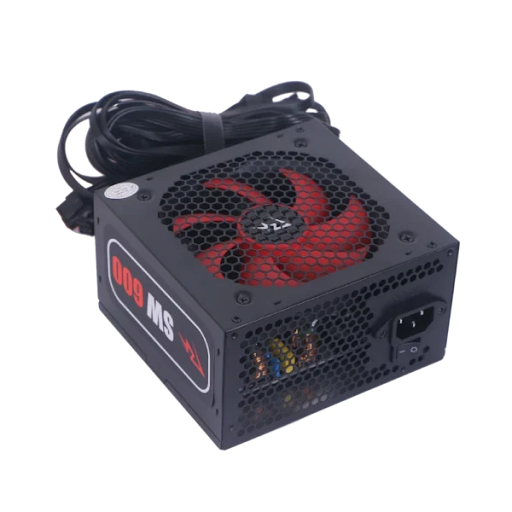Maintaining excellent cleanliness is of the utmost importance while handling food. The tiniest contamination or cross-contamination poses serious health hazards to customers, emphasizing the need of food handlers to take all required care to maintain a clean and safe workplace.
Among these safeguards, the use of disposable PE sleeve coverings stands out as an important step. These coverings are designed to protect the wearer’s clothing and arms from direct contact with food or surfaces during food preparation. They exemplify convenience, efficiency, and, most importantly, cleanliness.
Let’s look at the relevance of metal detection in the food business.
When to Use Metal Detection for Food Inspection
When to utilize Metal Detectable Food Hygiene Sleeve depends on several criteria, including the kind of food product, manufacturing procedure, and applicable legislation. For example, if you manufacture canned foods, metal detection is most effective after the canning process to guarantee that no metal foreign bodies are sealed with the product.
On the other hand, if you’re processing bulk items (grains, flour, nuts, etc.), you might wish to install a detector prior to packing. Essentially, the best place for metal detection is where contamination is most likely to occur, but it is still possible to remove the contaminated product without sacrificing a lot of healthy food.
Keeping Customers and Products Safe
Metal detection in food safety is about more than simply regulatory compliance; it is about safeguarding customers and maintaining brand integrity. Consider the consequences of a client finding a metal splinter in a product. It might result in legal consequences and a loss of customer trust that could take years to regain.
Furthermore, contamination might result in costly recalls and lost income. Metal detection helps to mitigate these dangers by detecting and eliminating foreign bodies before they reach the shelves.
Factors for Metal Detector Effectiveness
Several factors influence a metal detector’s performance in a food production scenario. The machine’s sensitivity must be appropriate for the metals that you are most concerned about.
Furthermore, the detector should be customized to accommodate the specific type of food product since differences in consistency and composition might impair the machine’s accuracy. Regular calibration and maintenance are also required to ensure the detector continues to perform properly.
Operator training should not be disregarded; employees must understand how to operate the machinery properly and respond to detections correctly.
Furthermore, if you are thinking about updating your facilities, incorporating a home grocery elevator may boost productivity by speeding the transportation of items, guaranteeing that food products remain uncontaminated while transferred within the facility.
Metal Detector Rental
Purchasing a metal detector may appear to be a significant investment, particularly for small and medium-sized businesses. However, some firms provide metal detector rental alternatives, allowing organizations to access cutting-edge equipment without committing to a full purchase.
This is a good alternative for firms that need to comply with safety rules but aren’t ready to invest in their own equipment. Renting a metal detector allows you to test the machine’s efficacy and convenience of use, which might help you decide whether to buy one later.


